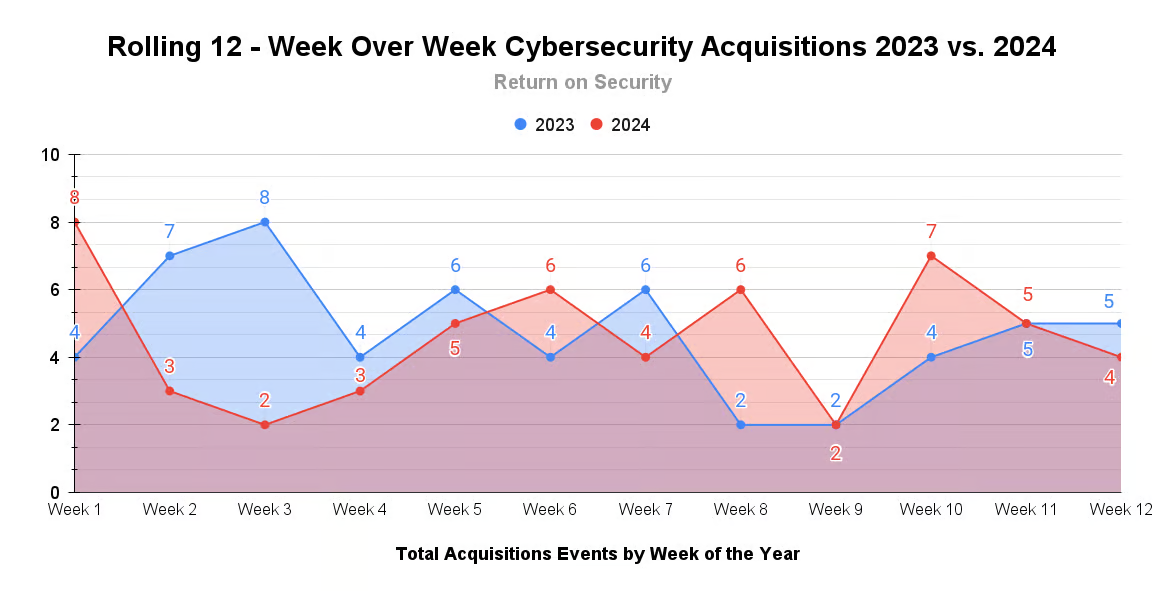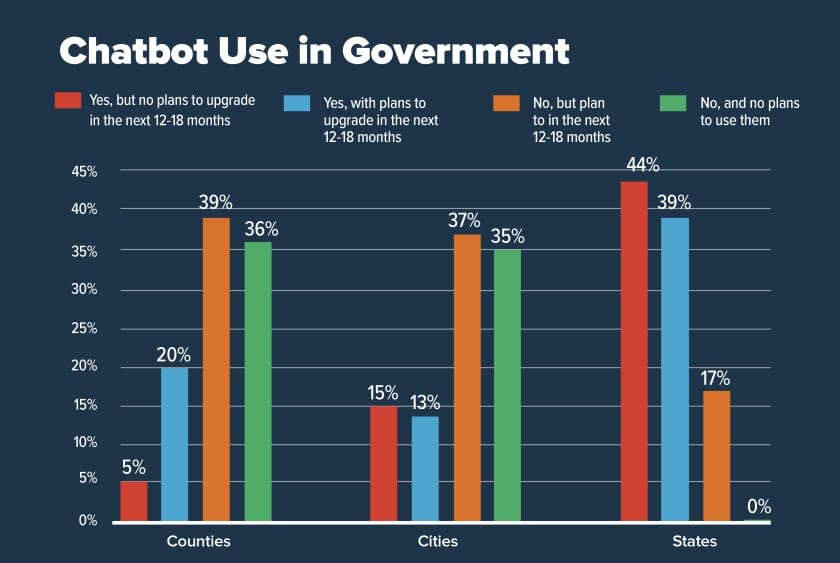Enhancing Security and Education in Electronic Health Records (EHR)

In today’s digital age, the healthcare sector is increasingly reliant on Electronic Health Records (EHR) to streamline operations, improve patient care, and enhance data accessibility. However, the rapid adoption of EHR systems has also raised significant concerns regarding data security and the need for specialized education to ensure these systems are effectively managed.
The Importance of EHR Security
EHR systems store a vast amount of sensitive patient information, including medical histories, diagnoses, and treatment plans. Protecting this data is crucial not only for patient privacy but also to comply with legal requirements such as the Health Insurance Portability and Accountability Act (HIPAA). According to the U.S. Department of Health & Human Services (HHS) HHS, healthcare providers must implement robust security measures to protect electronic health information from unauthorized access, breaches, and cyberattacks.
The National Institute of Standards and Technology (NIST) NIST also emphasizes the importance of cybersecurity in healthcare. Their guidelines help organizations implement necessary security controls to safeguard EHR systems from potential threats. The Office of the National Coordinator for Health Information Technology (ONC) ONC provides resources like the Security Risk Assessment Tool to assist healthcare providers in evaluating and mitigating security risks.

Educational Initiatives for EHR Management
To maintain a secure and efficient EHR system, healthcare professionals must be well-educated on the intricacies of EHR management. This education is critical for ensuring that staff members are proficient in both the technical and regulatory aspects of EHR usage.
Colleges and universities across the United States are increasingly offering specialized courses and certifications in health informatics and EHR management. For instance, the University of California, Berkeley UC Berkeley offers an online program in Health Informatics that covers key topics such as EHR security, data analytics, and health information systems.
Similarly, Johns Hopkins University Johns Hopkins provides courses focusing on health informatics and EHR systems, equipping students with the necessary skills to manage these technologies effectively. The University of Illinois at Chicago (UIC) UIC also offers a Master of Science in Health Informatics, with a curriculum that includes EHR security, privacy, and compliance.
Government and Educational Resources
Numerous government and educational resources are available to guide healthcare providers and students on EHR security and management. The Centers for Disease Control and Prevention (CDC) CDC provides information on HIPAA regulations and their implications for EHR systems, while the U.S. Department of Veterans Affairs (VA) VA offers insights into how they manage and secure EHR data for veterans.

For those interested in pursuing a career in health informatics, institutions like the University of Texas UT Austin and the University of Michigan UMich offer comprehensive programs that prepare students for the challenges of EHR management. Additionally, Harvard University Harvard provides courses on cybersecurity in healthcare, addressing the critical need for secure EHR systems.
Conclusion
The integration of security and education in EHR systems is vital for the healthcare industry's future. With the increasing reliance on digital records, healthcare providers must prioritize both the protection of patient data and the education of their staff to manage these systems effectively. By leveraging government resources and educational programs, the healthcare sector can ensure the continued safety and efficiency of EHR systems, ultimately leading to better patient care and outcomes.
References
- U.S. Department of Health & Human Services (HHS) - HIPAA Security Rule: https://www.hhs.gov/hipaa/for-professionals/security/laws-regulations/index.html
- National Institute of Standards and Technology (NIST) - Cybersecurity in Healthcare: https://www.nist.gov/itl/smallbusinesscyber/cybersecurity-healthcare
- Office of the National Coordinator for Health Information Technology (ONC) - Security Risk Assessment Tool: https://www.healthit.gov/topic/privacy-security-and-hipaa/security-risk-assessment-tool
- Centers for Disease Control and Prevention (CDC) - HIPAA and Public Health: https://www.cdc.gov/phlp/publications/topic/hipaa.html
- U.S. Department of Veterans Affairs (VA) - EHR for Veterans: https://www.va.gov/health-care/about-va-health-benefits/electronic-health-records/
- University of California, Berkeley - Health Informatics Program: https://publichealth.berkeley.edu/academics/online-programs/health-informatics/
- Johns Hopkins University - Health Informatics Courses: https://www.jhsph.edu/academics/online-learning/individual-courses/health-informatics.html
- University of Illinois at Chicago (UIC) - Health Informatics Program: https://healthinformatics.uic.edu/
- University of Texas - Health Informatics at UT Austin: https://onlinemshci.utexas.edu/
- Harvard University - Cybersecurity in Healthcare: https://online-learning.harvard.edu/course/cybersecurity-health-care-what-you-need-know